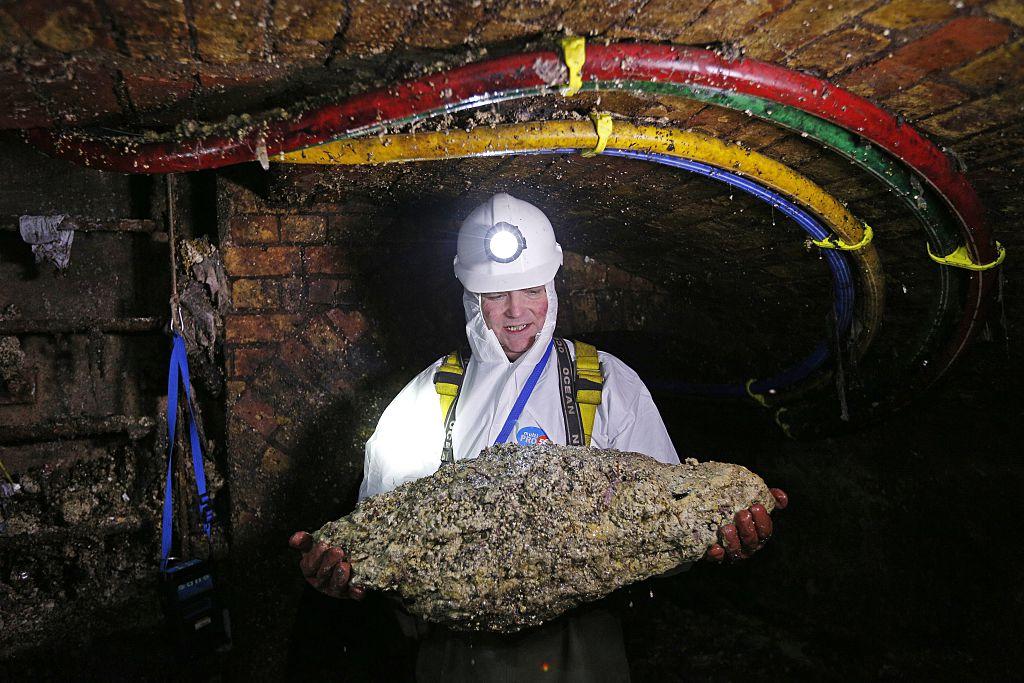The British government says it may ban wet wipes as part of a broader crackdown on plastic trash, in measures designed to protect the environment.
If they are outlawed, shoppers will no longer be able to buy them in their current form.

The British government says it may ban wet wipes as part of a broader crackdown on plastic trash, in measures designed to protect the environment.
If they are outlawed, shoppers will no longer be able to buy them in their current form.